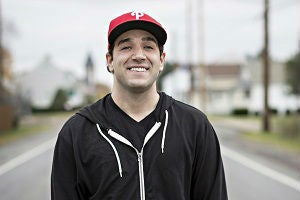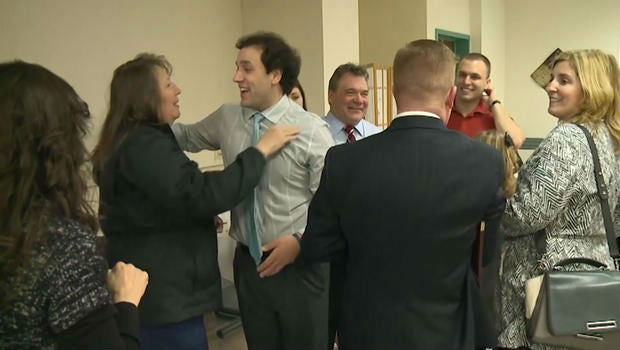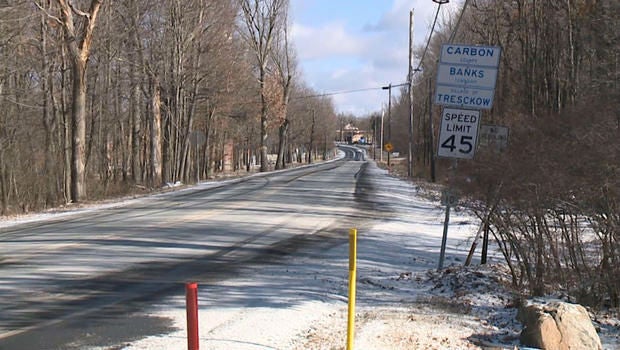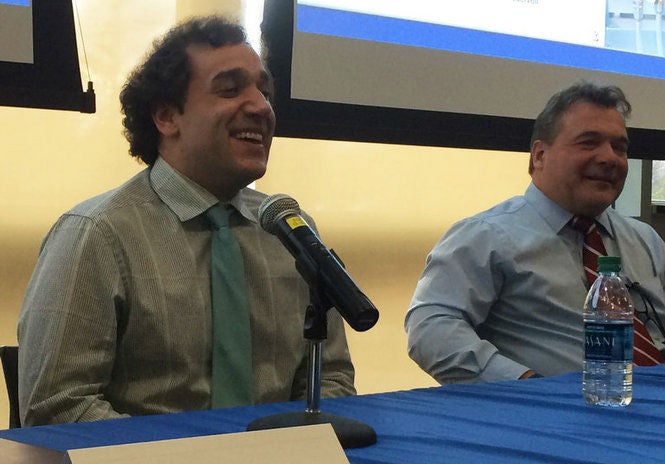'Miracle' student survived his body being frozen solid
The 26-year-old collapsed on a night when it was -20C

Your support helps us to tell the story
From reproductive rights to climate change to Big Tech, The Independent is on the ground when the story is developing. Whether it's investigating the financials of Elon Musk's pro-Trump PAC or producing our latest documentary, 'The A Word', which shines a light on the American women fighting for reproductive rights, we know how important it is to parse out the facts from the messaging.
At such a critical moment in US history, we need reporters on the ground. Your donation allows us to keep sending journalists to speak to both sides of the story.
The Independent is trusted by Americans across the entire political spectrum. And unlike many other quality news outlets, we choose not to lock Americans out of our reporting and analysis with paywalls. We believe quality journalism should be available to everyone, paid for by those who can afford it.
Your support makes all the difference.When Justin Smith was found lying lifeless by the side of the road, his father thought he was dead. So too, did the police officers and emergency responders who rushed to the scene.
“I held him and sobbed, ‘Justin, don’t leave me',” said his father, Don Smith, who searched in vain for a pulse on his son’s blue body.
“Then I called his mother and told her, ‘Justin’s dead’.”
But though the 26-year-old had spent 12 hours outside in temperatures of -20C and his body was almost frozen solid, he somehow survived.

This week, the student returned to the thank the doctors and medics, whose ingenuity and dedication saved his life.
“I consider myself a miracle,” he said. “I’m lucky. That’s all I can say.”
Mr Smith remarkable story of survival played out a year ago in the Pennsylvania town of Tresckow when he had gone out to drink beer with some friends in memory of a close friend who had died ten years ago in road traffic accident that he had survived.
Mr Smith left the fire hall where they had been drinking at around 9.30 pm. Somehow - he still does not know how - he blacked out on his walk home and fell into the snow.

It was his father - alerted by one of his son’s friends - who found his unconscious body the following morning at around 7.30am and called the police.
“I looked over and there was Justin laying there and he was laying face up there like this,” said his father. “He was blue. His face he was lifeless. I checked for a pulse. I checked for a heartbeat. There was nothing.”
Dr Gerald Coleman, an emergency doctor at the Lehigh Valley Hospital in Hazleton, said: “The coroner was on scene. The state police were on scene. They were doing essentially a death investigation.”
Mr Coleman told the medics to continue to carry out CPR, even though there appeared little hope. When they got his body to Hazleton a team there continued CPR for two hours.
Mr Coleman said that the young man’s body was too cold to safely pronounce him dead.

“Our mind is supposed to run the show, not our hearts because if your heart runs the show, you can run into some problems. I just kind of threw that to the wind and said, ‘No, not today’,” Mr Coleman said in a statement released by the hospital.
The team then decided to fly the young man by helicopter to the hospital sister family at Cedar Crest. There, doctors slowly revived the student a procedure called extracorporeal membrane oxygenation in which blood is removed, oxygenated and warmed, then returned to the body.
The procedure is usually used to save patients whose lungs and heart are damaged by the flu or a heart attack.
Mr Smith spent the next 15 days in a coma. When he woke up, doctors were amazed to find that he had suffered no apparent brain damage. Both of his little fingers and a number of toes had to be amputated because of frost bite, but he was otherwise unhurt.
“This case has taught me that sometimes you have to go with your gut, even when all logic demands otherwise,” Mr Coleman said.
Mr Smith, who had studied at Pennsylvania State University's main campus, is now finishing his psychology degree via online classes. At the weekends, he still plays golf.
Mr Smith said even though his experience happened a year ago, he was still amazed by what happened to him
He said: “It's like I woke up from a dream, but it wasn’t a dream.”
Join our commenting forum
Join thought-provoking conversations, follow other Independent readers and see their replies
Comments